
 Instagram
Instagram
Is creatine a steroid?
.png?v=1674653540536)

Related products
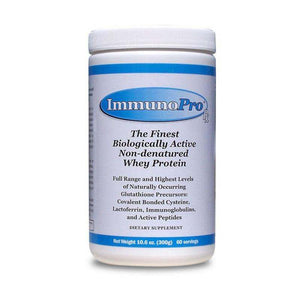
Since the early 1900s, millions of doses of creatine have been consumed, making it one of the most widely used supplements for enhancing sports performance. Over a thousand studies have been conducted on creatine supplementation, consistently proving its benefits in boosting strength, power, and muscle endurance. Despite being the most researched supplement in the sports nutrition industry, some individuals still have misconceptions about creatine, mistakenly associating it with anabolic steroids. However, creatine is a naturally occurring compound that plays a crucial role in energy production, making it a safe and effective choice for athletes and fitness enthusiasts looking to optimise their performance.
Is it a steroid?
The notion that creatine is a steroid is a myth. While creatine is an ergogenic supplement, steroids are anabolic drugs. Anabolic steroids and creatine have different mechanisms of action, despite having similar performance effects.
Anabolic steroids: What are they?
Anabolic steroids are a synthetic form of the androgenic hormone testosterone, which both males and females naturally generate.
Creatine: What is it?
Amino acids such as Glycine, arginine and methionine work together in the body to naturally generate creatine, an endogenous amino group derivative. Only trace amounts of creatine are present in the brain, testes, and other organs.
Our bodies create the chemical creatine on their own. However, the body only has 80–130 g of creatine, which is less than half of what we require, and uses two to four grams daily while engaging in normal exercise. High-intensity training necessitates a higher creatine intake, making creatine supplements like MyProtein Creapure Creatine Monohydrate an excellent choice for athletes looking to boost their performance.
High-intensity training necessitates a higher creatine intake causing a need for creatine supplements.
The liver and kidneys process creatine, which is crucial for carrying and energy storage in our muscle cells.
Read more: Is taking creatine healthy?
Creatine's Mechanism of Action
Creatine supplements improve performance and muscle mass, which encourages larger training responses. As the muscles contract during exercise, you break a phosphate molecule off of ATP, producing ADP instead.
Supplementing with creatine helps replenish ATP levels quickly, improving energy availability during intense workouts. Products like Olimp Nutrition Creatine 1250 Mega Caps offer a convenient way to maintain optimal creatine levels for sustained energy output.
Creatine supplements raise the level of phosphocreatine in muscle cells, which contributes to creatine phosphate molecules with ADP to create ATP. The PCr system is the fastest and most productive energy-replenishing technology available. Creatine users get quick energy synthesis during intensive anaerobic exercise, increasing muscle power and workout volume, ultimately leading to muscle growth.
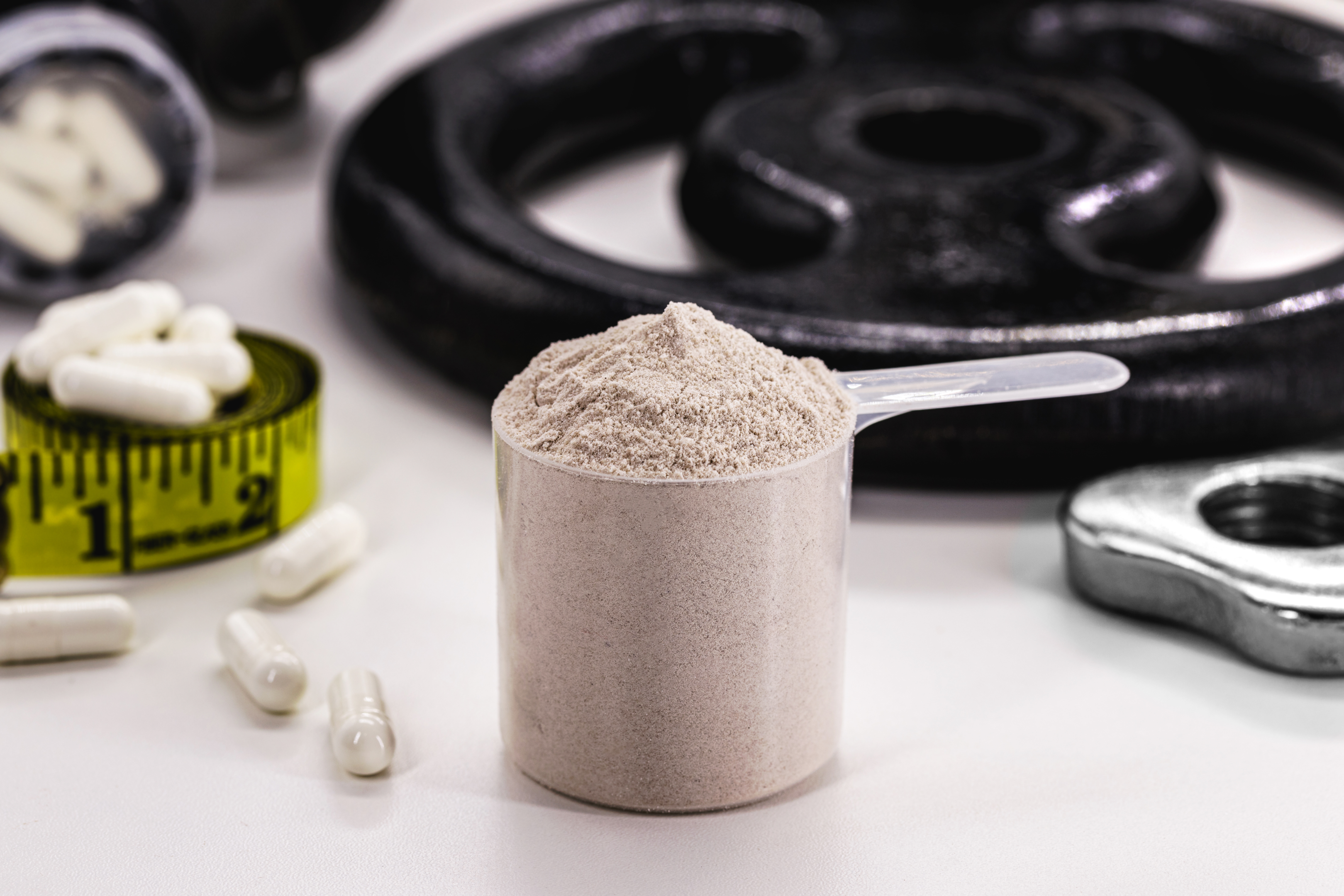
Who could benefit from Creatine Supplementation?
For power/strength athletes that sprint sporadically and want to recover more quickly during competitions, creatine supplementation is advised as an ergogenic aid to help improve training adaptation.
What does of Creatine is recommended?
Athletes undergoing intense training should consume 5–10g of creatine supplements daily to maintain appropriate creatine reserves. A high-quality supplement such as Weider Pure Creatine can help meet these needs efficiently.
How does Creatine impact your body?
Creatine supplements can enhance general health and sports performance, helping people gain weight and build lean muscle mass.
Body mass
Creatine is beneficial for both short- and long-term muscle development. A 12-week study found that weightlifters taking creatine supplements experienced 2-3 times more muscle fibre growth than those training without it. Supplements like Dorian Yates Creatine Monohydrate are specifically formulated to support this muscle-enhancing effect.
Quickly Put On Weight
If you want to gain weight quickly, creatine is a suitable supplement. According to studies, a week of elevated (20 grams/day) creatine supplementation can result in a person gaining 2 to 6 pounds.
The main cause of this is more water inside the muscles, but as time passes, the body weight keeps increasing, and the size of the real muscles will too. To be explicit, weight gain is made up entirely of muscles rather than fat, which is a good adaptation for most athletes.
Exercise Performance and Strength
During challenging workouts, creatine can increase power, strength, and performance. According to one study, including creatine in your exercise regimen can improve your abilities in the following ways:
-
Strengthening by 8%,
-
Improve your performance in weightlifting by 14%,
-
Max one-rep bench press by approximately to 43%
Athletes seeking to optimise their strength training can benefit from high-quality creatine options like MuscleTech Platinum 100% Creatine Monohydrate, which supports ATP regeneration and improves muscle recovery.
Creatine's advantages and results include:
-
Increased workload – Using creatine supplements enables a user to perform more work or volume in a single training session, which is crucial for long-term muscle mass development. Simply put, creatine will give you the energy to perform more repetitions throughout your workout, leading to weight gain and more muscle mass.
-
An increase in anabolic hormones has been observed after consuming creatine, leading to the development of muscle fibres.
-
Cell hydration is improved because whenever you take creatine supplements, the water content of your muscle cells increases, giving you bigger muscles.
-
Increased creatine levels slow down protein breakdown, resulting in larger muscles.
-
New muscles and more muscle growth can develop since myostatin levels are lower.
-
Creatine supplementation enhances cell signalling, which aids in post-workout muscle recovery and the growth of new, larger muscles.
How does it impact the kidney and liver?
Your blood's creatinine levels can rise as a result of creatine. People erroneously assume that creatine causes kidney and liver disease or damages kidney function and the liver since it is frequently evaluated to identify renal or liver issues. Fortunately, numerous studies have shown that using creatine for a long time has no negative consequences.
One of the research even had a four-year duration and came to the same conclusion. However, if you have a history of renal disease, you need to be cautious with creatine or sports nutrition in general.
Even if you are in perfect health, you should never exceed the recommended amount of creatine supplementation.
Read more: Can creatine cause hair loss?
Bottom Line:
Creatine is misunderstood as a steroid. It's an important amino acid that helps people gain weight, more power, strength, and bigger muscles, among other health and fitness advantages. You must be cautious not to use it excessively, just like you would with any other vitamin.


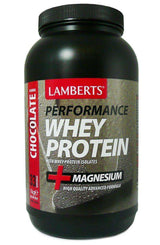
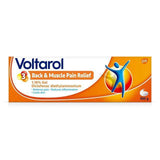

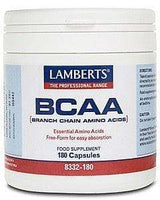
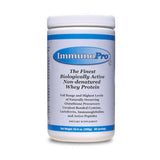
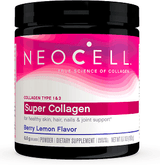

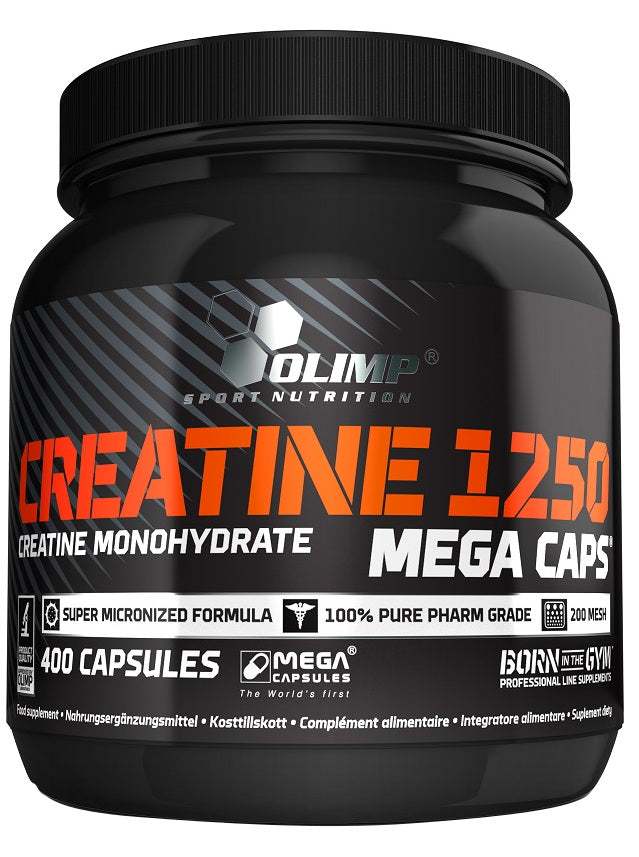

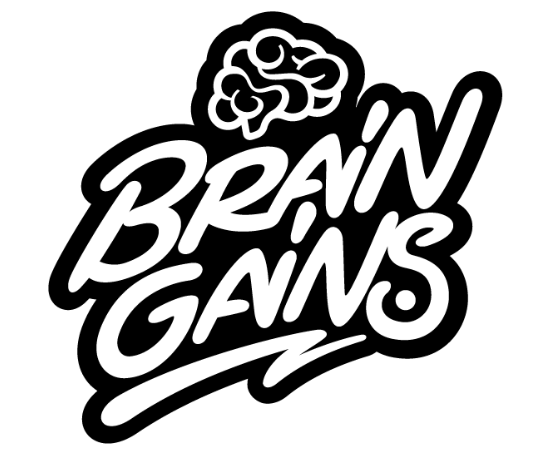







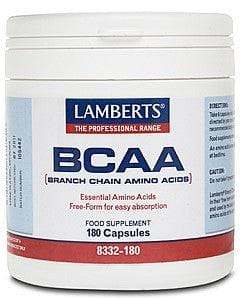
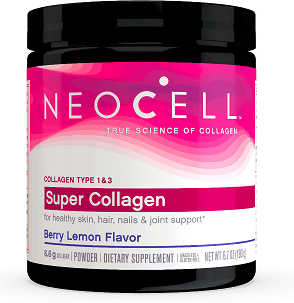



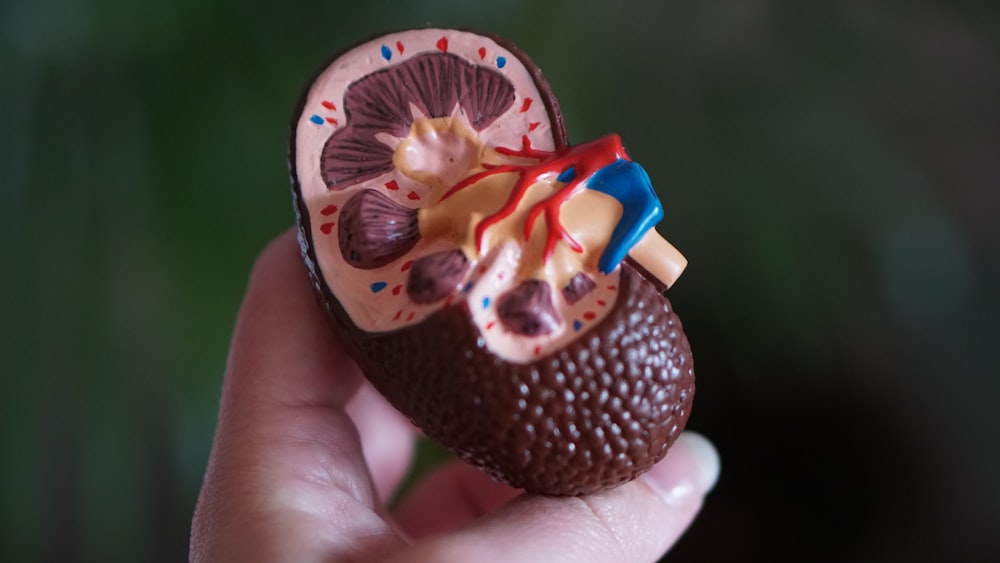








 Rated Excellent by 26,523+ Reviews
Rated Excellent by 26,523+ Reviews